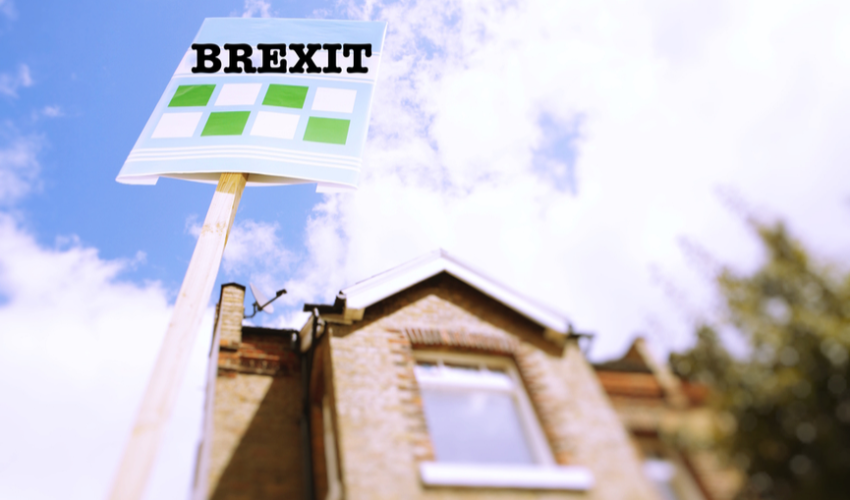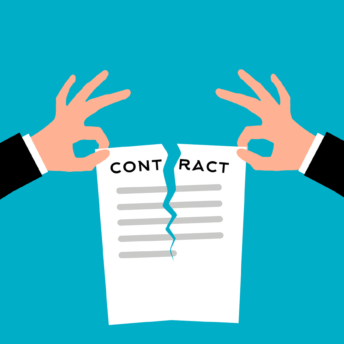Britain has decided to leave the European Union. With Article 50 triggered, the ‘divorce bill’ being finalised, the process of leaving is well and truly underway. Just before the June 23rd referendum in 2016, the property market in the UK was buoyant, with house prices rapidly increasing all over the country, especially in London and the south-east.
But has the situation changed after Brexit? Have property prices continued to increase? Or has there been a property decline? In this article, we will examine the property market across the UK and offer insight on the areas that are showing the biggest trends.
A brief history of the property market
Since the 1980s, the price of property has increased. Some housing experts put this down to a lack of new housing being built, and the policies of the government at the time. Margaret Thatcher introduced right-to-buy, also known in 1980 for social housing tenants. This move encouraged many council house tenants to purchase their own properties.
For millions of people it represented an opportunity to invest in something that might secure their future and give them something to pass onto their children. Unfortunately, due to restrictions on building houses in economically viable areas, a lack of properties being built, and a stagnation in properties changing hands; Britain is now gripped by the beginnings of a housing crisis which is likely to be made more uncertain by Brexit and be a very long process.
The impact of Brexit on property
Almost 18 months on, Brexit in these early days is being felt across the UK. Generally speaking, before the referendum, commentators predicted a sharp downturn. The reality is that The Referendum has had an impact on the property market, but not as big an impact as some predicted. Until withdrawal is concluded it is impossible to properly assess the fall-out at this time. Most economists view the future negatively.
As at November 2017, the average cost of a property has increased by 6.3%, compared to a growth rate of 11.6% for the preceding 18 months, according to data from the ONS. While growth has roughly halved, a scarcity of property across the nation has meant property prices remain relatively high in these very uncertain times.
London has been hit the hardest. For the first time since 2009, house prices in the capital fell by 0.6% annually, according to a survey from Nationwide. Despite this, London remains the most expensive area to purchase property in the country with the average property costing £496,000, which is 14.5 times the earnings of the average Londoner.
The East Midlands recorded the fastest property growth since the referendum. According to the ONS, property prices have gone up 7.5% in this region, giving an average property price of £185,000.
Declining transactions
Perhaps the biggest story behind the changes to the property market in the aftermath of the referendum is the decline in the number of property transactions. Coupled with the 3% increase of stamp duty for the purchase of second homes, the number of properties changing hands has dwindled.
According to research by the Royal Institution of Chartered Surveyors, the UK housing market is in a ‘state of lethargy’, with estate agents reporting their lowest stock of properties for 40 years. Additionally, 44% of those surveyed thought ‘political uncertainty’ was the primary reason for the downturn in the market. Commentators suggest that the decrease in transactions is largely down to investors waiting to see what transpires.
Is the market favouring first-time buyers?
In the Autumn budget, Chancellor of the Exchequer Philip Hammond extended an olive branch to first-time buyers. If you are buying your first property, and it is under £300,000, you won’t have to pay stamp duty as part of your purchase. For properties priced up to £500,000, you will only have to pay stamp duty for the first £300,000. For purchases over the £500,000 threshold, the full amount of stamp duty is due on the purchase.
The initiative is geared towards galvanising the property market for first-time buyers. Philip Hammond stated that his strategy is to ‘give first-time buyers an incentive to focus on getting the deposit together’, according to an interview with BBC Breakfast.
Time to consider your next move
Whether you are a first-time buyer, have a second home, or have a portfolio of properties, quality legal advice is instrumental when making purchasing or selling decisions. Our experienced residential property team is here to offer expert legal advice so you have everything you need to make an informed decision when you’re buying a property. We have teams based in the North-West and London and are well located to serve clients across the UK.
Speak to our team today on 0161 929 0121 or email us at info@blackstonesolicitorsltd.co.uk. Alternatively, allow us to contact you by completing our online enquiry form. We would be happy to answer any questions you may have.






Leave a Reply
You must be logged in to post a comment.